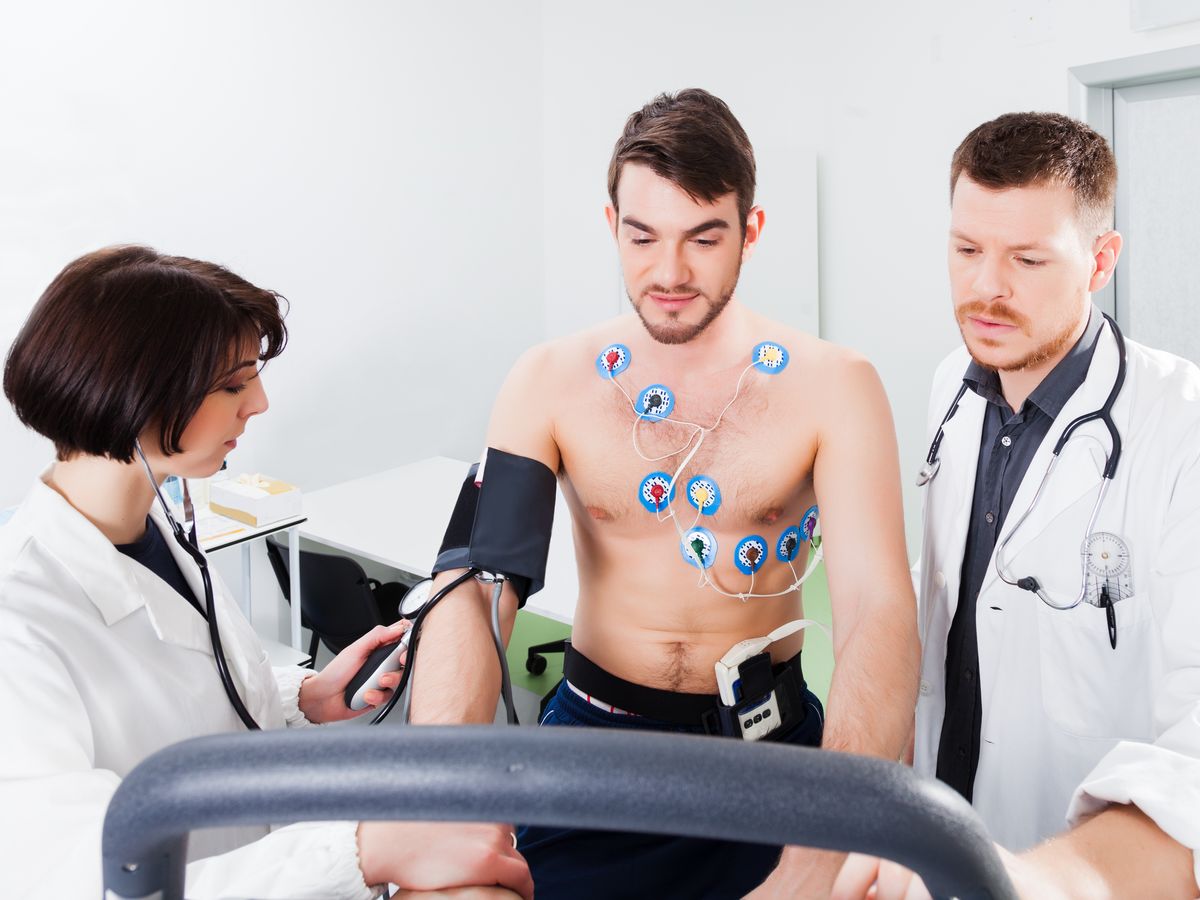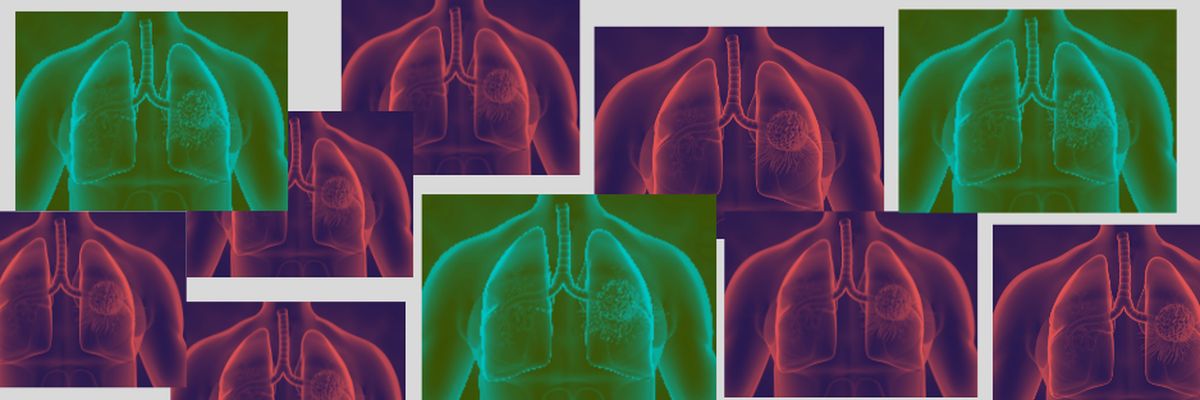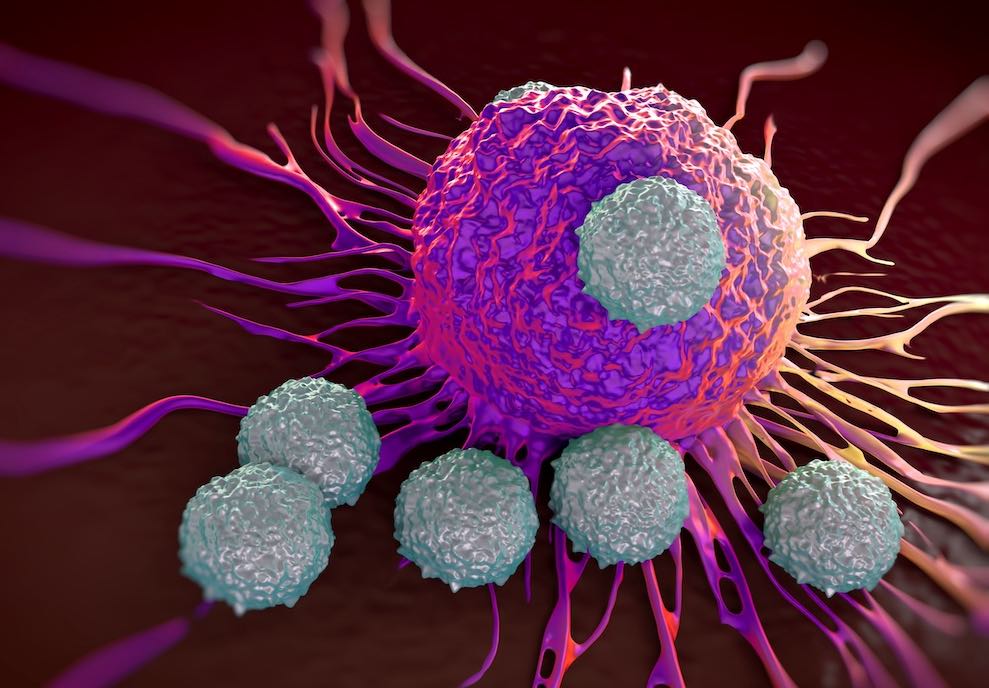Posts by author
Janet Fricker
Transcriptional signature provides clue to CAR T cell longevity
A transcriptional signature of 21 genes has been found to occur across patients with paediatric B-cell acute lymphoblastic leukaemia who have durable responses and long-lived CAR T cells. The UK study, published online in Nature Medicine, July 6, did not…
Cardiorespiratory fitness reduces risk of developing and dying from cancer
Higher levels of cardiorespiratory fitness may reduce the incidence and mortality of specific cancers in men. The Swedish male cohort study, published online in JAMA Open Network, June 29, found that higher levels of cardiorespiratory fitness were associated with a…
Four-protein biomarker test helps personalise lung cancer screening
Integrating a panel of four circulating protein biomarkers with a lung cancer risk model identified individuals at high risk of developing fatal lung cancer. The study published in Journal of Clinical Oncology, June 28, demonstrated how including the biomarkers in…
Immune resilience: a clue to why some people live longer, have fewer infections, and get less recurrent cancer
Kidney transplant patients with high immune resilience, defined as the capacity to preserve/restore immunocompetence and control inflammation during inflammatory stress, are less likely to develop recurrent skin cancer compared to those with low immune resilience. An international study, published online…
Multi-cancer early detection blood test speeds up cancer diagnosis
A multi-cancer early detection test showed a positive predictive accuracy of 75% and negative predictive accuracy of 98% in a population referred for diagnostic follow-up after presenting to primary care with symptoms of cancer. The SYMPLIFY study, abstract 1501, presented…
Stopping immunotherapy after two years does not affect NSCLC survival
No overall survival difference was found between patients with non-small cell lung cancer who stopped immune checkpoint inhibitors at two years and those continuing treatment indefinitely. The study, abstract 9101, presented at the ASCO 2023 Annual Meeting, held June 2–6,…
Adding a CDK4/6 inhibitor to endocrine therapy improves outcomes in HR+ HER2– early-stage breast cancer
Adding the CDK4/6 inhibitor ribociclib to standard-of-care adjuvant endocrine therapy for treatment of hormone receptor-positive HER2-negative early-stage breast cancer reduced risk of recurrence by 25%. The phase III NATALEE study, abstract LBA500, presented at the ASCO 2023 Annual Meeting, held…
Bacterial decolonisation offers new strategy to prevent acute radiation dermatitis
Many cases of acute radiation dermatitis involve the common skin bacterium Staphylococcus aureus. Two linked papers in the same issue of JAMA Oncology, published online 4 May, suggest bacterial decolonisation of Staphylococcus aureus (S aureus) offers an effective approach for…
Slow decrease in breast density heightens breast cancer risk
Women with a slower decrease in breast density over time are at higher risk of developing breast cancer. The prospective cohort study, published in JAMA Oncology, online April 27, suggests that dynamic changes in breast density over time can be…
Prehabilitation programmes benefit breast cancer patients and save healthcare resources
Referring patients with early-stage breast cancer to exercise programmes prior to surgery not only improves health-related quality of life measures but also lowers overall healthcare costs. The study, abstract 1385675, was presented at the American Society of Breast Surgeons Annual…










